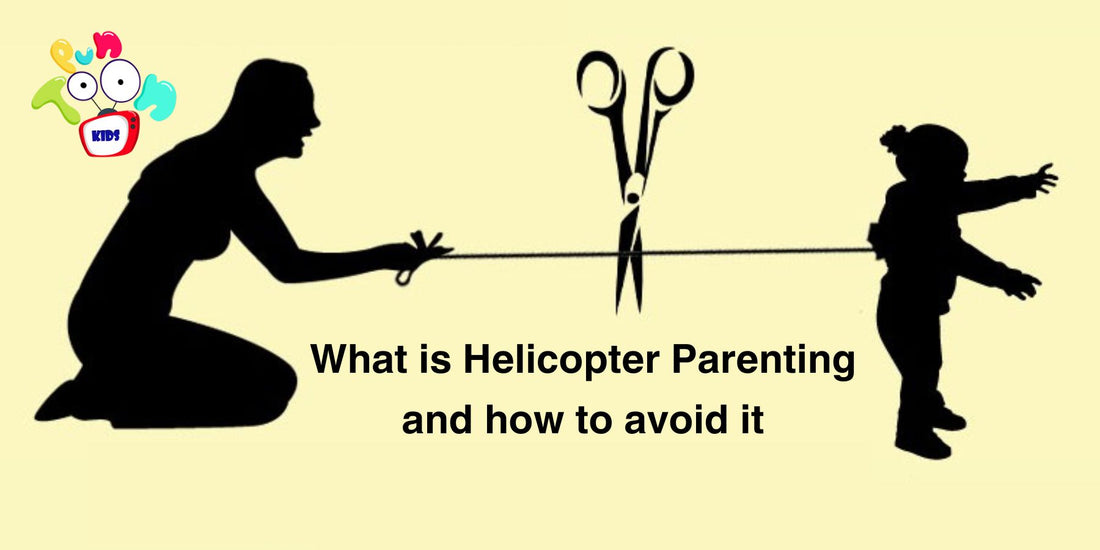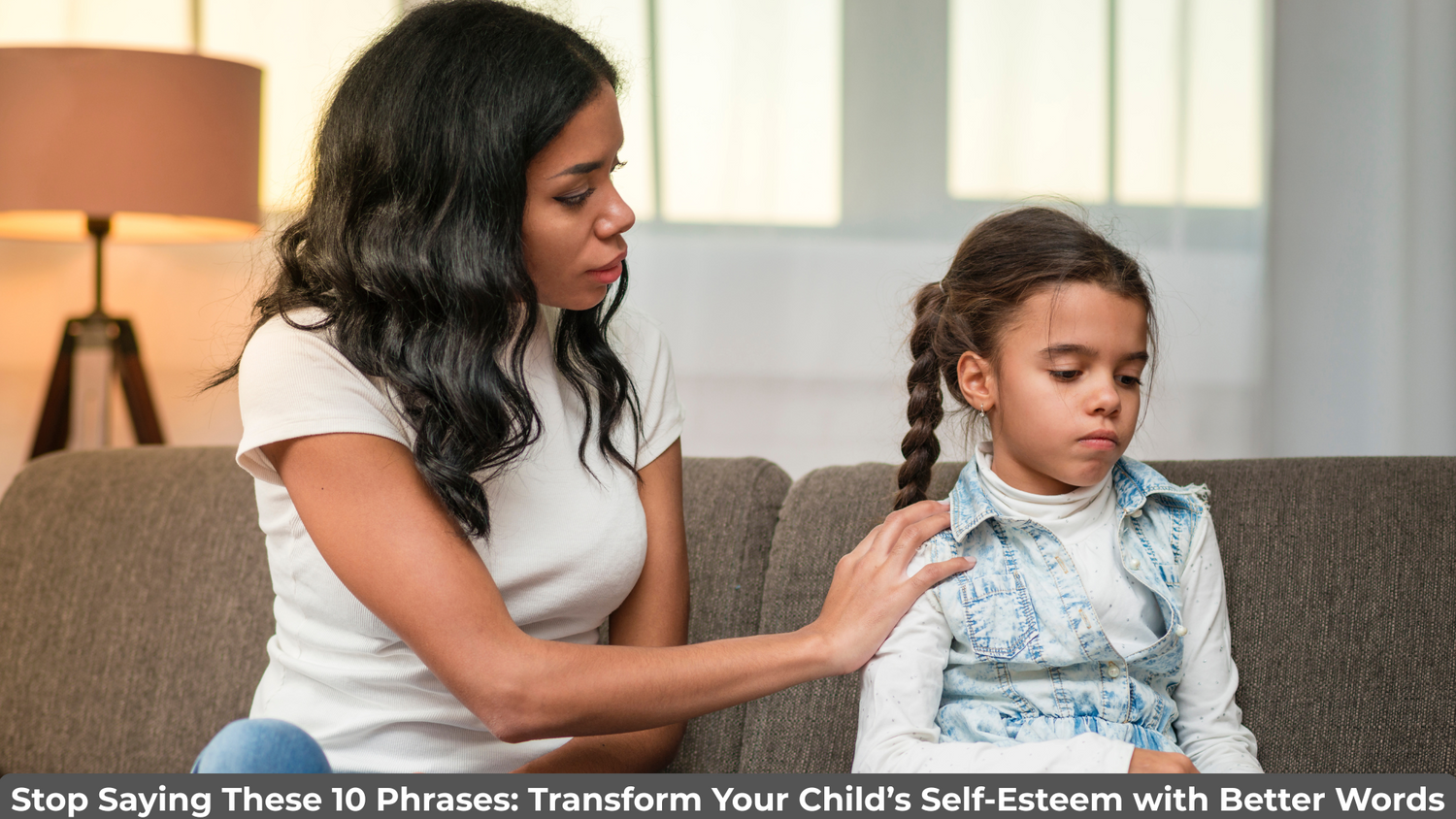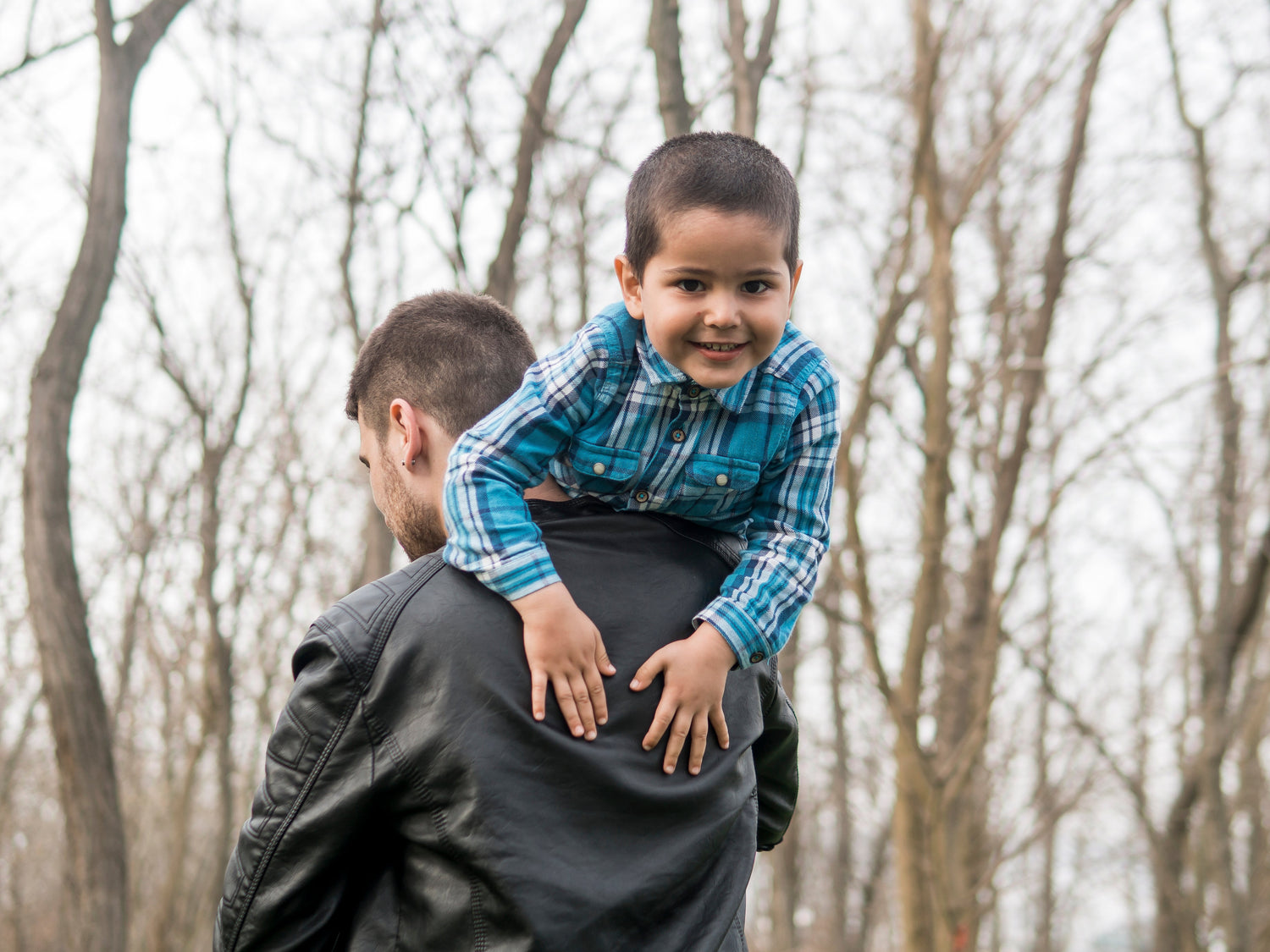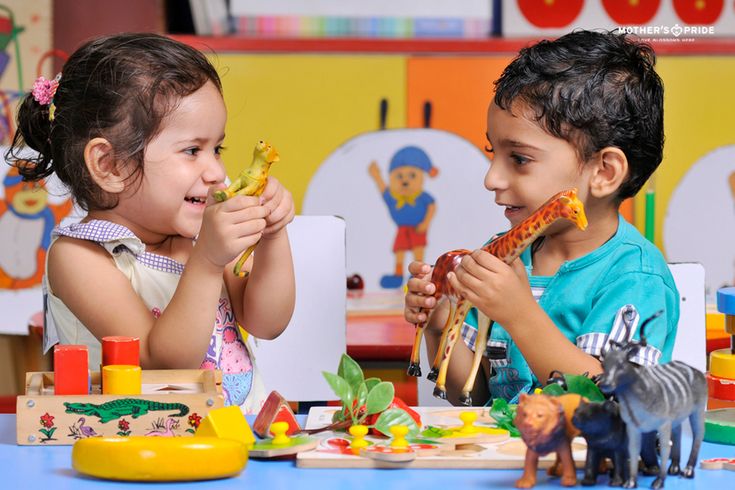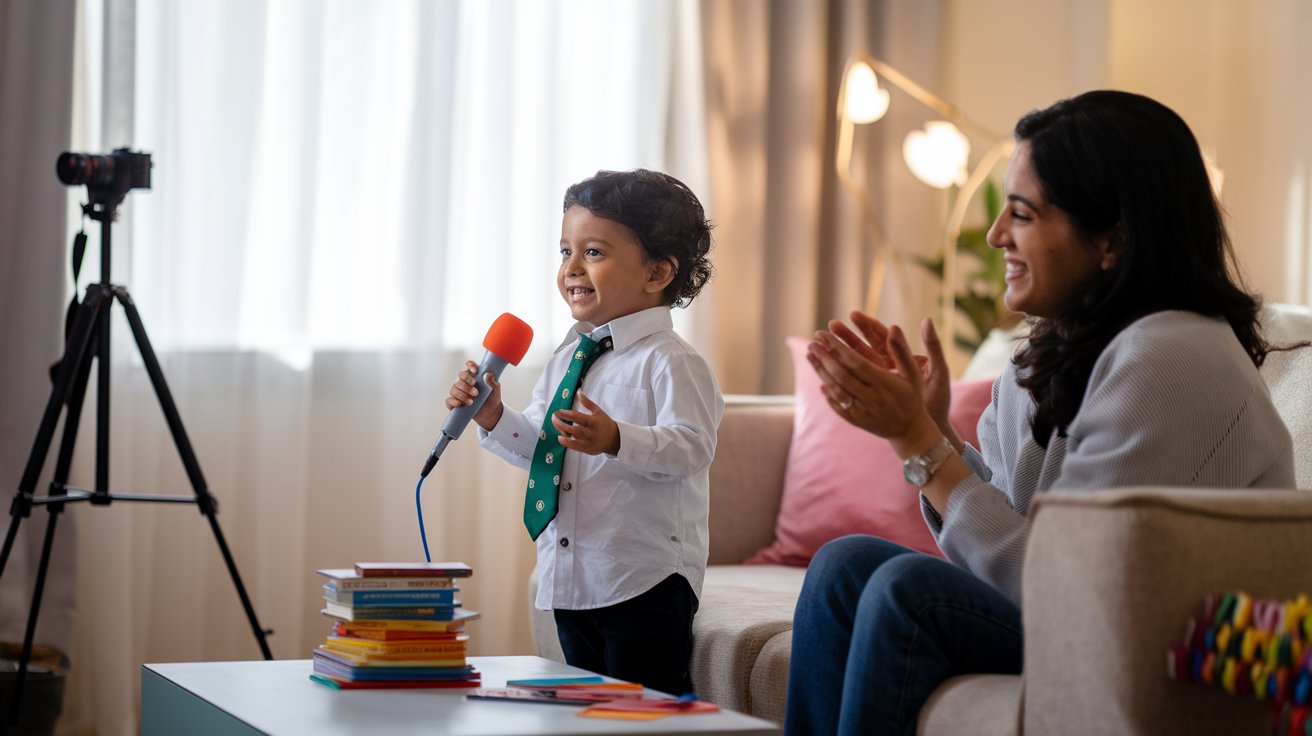Don't let the top chances for your kid's growth pass you by! Yet, are you controlling them too much? That's what helicopter parenting is. Gather info on this subject and learn how to dodge it.
Understand what Helicopter Parenting is:
Helicopter Parenting is a term used to describe parents who hover over their children and involve themselves in every aspect of their lives, even when it is not necessary. This can lead to children becoming overly dependent and lacking in their own problem-solving skills.
Being a parent is tough. But, hovering over your child too much can do more harm than good. This is called helicopter parenting. It's when parents are overly involved in their child's life, even when it's not needed. This can make kids overly dependent and stunt their problem-solving skills. It might seem like the right thing to do, but it can have negative effects.
Helicopter parenting can also cause conflicts between parents and kids. Parents try to control every aspect of their child, without realizing they need to learn from experience. Kids need to face challenges and make mistakes so they can develop their critical thinking and become independent.
Not letting your child make mistakes and learn from them is like being a helicopter parent with a malfunctioning rotor.
Allow your child some independence:
As a parent, it is natural to want to protect your child from harm, but it is important to allow them to experience life's challenges and learn from their mistakes. Giving them some independence and allowing them to make decisions on their own can help build their confidence and problem-solving skills.
As parents, we want to protect our kids from harm. Yet, it's just as important to give them independence. Doing this helps them tackle life's challenges and learn from their experiences. It also builds their confidence and problem-solving skills. So how can we avoid over-parenting?
Start by allowing your child to make decisions for themselves. It could be something like picking their favorite breakfast or deciding which outfit they want to wear. Let them choose without being judgmental.
Next, encourage activities that interest them, even if it's not something you like. Letting them explore these activities helps them develop their personality and maybe even uncover hidden talents.
Lastly, instill discipline with love. Establish rules and boundaries. Make sure they know the consequences of breaking them. Teach them responsibility and not to blame others.
Giving kids independence at an early age prepares them for adulthood. They'll need to handle the world's demands alone. Over-parenting stops their growth as individuals and can cause anxiety and self-doubt in the future. By giving kids the freedom to make age-appropriate decisions, we help boost their self-confidence and reduce parental stress.
Be the kind of parent your child can open up to, not one who needs a helicopter to check on them.
Encourage open communication:
Creating an environment where your child feels comfortable talking to you about their concerns and issues can help avoid the need to constantly hover over them. Be available to listen and offer guidance when needed, but also allow them to learn to solve problems on their own.
Create an atmosphere of safety so your child feels comfortable to express their worries. Don't hover; instead, provide guidance and assistance while allowing them to develop problem-solving skills. Listen attentively and show enthusiasm for their activities. This will build trust and strong bonds, making it easier for them to reach out for help when needed.
Recognise that each child has different needs, interests, and abilities. As they grow, give them independence and let them make choices aligning with their values and interests. This builds self-confidence, critical thinking, and responsibility.
When suggesting alternatives, use positive language. Instead of saying 'don't do this,' say what you would like your child to do or explain the consequences of the wrong behaviour.
Encourage problem-solving by asking questions, not giving solutions. Ask how they would manage a situation or suggest without pushing your opinion on them.
Allow your child to find their own way and support them as they face challenges. This will ensure a healthy relationship based on mutual trust and respect as well as independence. Make sure your child knows they can come to you without any shame or fear of punishment. Give your child space to grow, or they may never leave the nest!
Respect your child's boundaries:
It is important to understand and respect your child's personal space and boundaries. Children need to feel they have some control over their lives and decisions, and respecting their boundaries can help them develop a sense of independence and self-reliance.
Give your child their own space and respect. This helps them become independent and confident in their decision making. If you are a helicopter parent, this can prevent your child from growing.
Parents should trust their children and guide them when needed. Let your child feel that they are independent, even though they may still need help from you. Also, give them privacy, don't intrude on their conversations and activities.
Helicopter parenting can lead to bad effects like anxiety, low self-esteem and difficulty making decisions. Trusting your kids gives them the confidence to face challenges alone.
Before hovering too much, ask yourself: if you were in their shoes, would you like it? Give your children enough space but be there when they need help. Teaching responsibility is like giving your child a GPS, but they need to make their own decisions.
Teach responsibility and consequences:
Teaching your child about responsibility and consequences can help them learn to make good decisions on their own. Encourage them to take ownership of their actions and the outcomes that follow. This can help them develop a sense of accountability and self-reliance.
Teaching responsibility and consequences is essential for your child's development. It helps with decision-making, accountability, and self-reliance.
Here's a 6-step guide:
- Encourage communication. Clear lines make it easier to discuss consequences without fear or judgment.
- Set boundaries. Clearly define expectations and limits.
- Model positive behavior. Show them how to behave responsibly.
- Make them accountable. Encourage them to take responsibility for their actions.
- Explain why rules are necessary. Make them aware that breaking the rules has consequences.
- Involve them in decision-making. Let them understand how choices affect outcomes.
Give space to let your child learn from mistakes. Don't overstep boundaries - being too controlling can hinder development. Encourage responsibility and independence. A study by BYU revealed that children who make decisions independently are happier, more confident, and have higher self-esteem.
Allow your child to stumble now and then - it may be necessary for their future success.
Allow your child to fail:
Failure is a natural part of life and can be a valuable learning experience. As a parent, it is important to resist the urge to constantly step in and solve your child's problems. Allowing them to fail and learn from their mistakes can help them develop resilience and problem-solving skills that will serve them well in the future.
As parents, we may want to guard our kids from failure and disappointment. But it's crucial to understand that failure is a natural part of life and a helpful learning experience. It helps children grow resilience and problem-solving skills for the future.
It can be tough to stop ourselves from intervening and solving our children's issues. Nonetheless, it is significant to let them make mistakes and learn from them. When kids face issues on their own, they gain confidence in their capabilities.
Parents should set expectations for their children, but also recognize that setbacks are part of the process. Instead of punishing or criticizing children for failing, parents should urge them to try again and back them up throughout the learning process.
Helicopter parenting can impede a child's personal growth by stopping them from taking risks and developing independence. Parents should try to find a balance between being supportive and enabling autonomy.
For example, a mother discovered that frequently intervening to help her son with schoolwork was not beneficial. After giving him space to deal with his own problems, he grew more assured in his academic skills.
Overall, permitting your child the room to fail is an essential part of their development. It teaches them essential life skills and builds resilience for the future. As parents, we may want to protect our children from failure, but sometimes it’s best to take a step back and let them explore on their own - while we offer our support.


